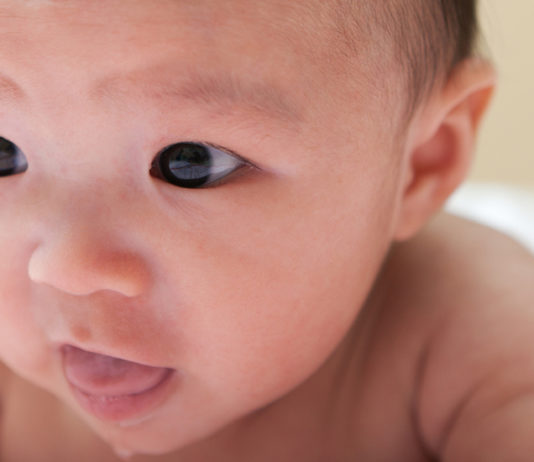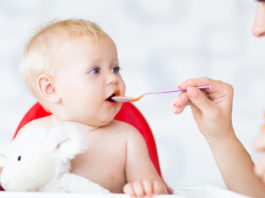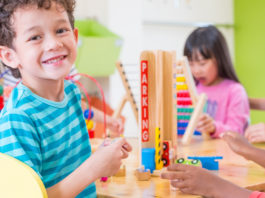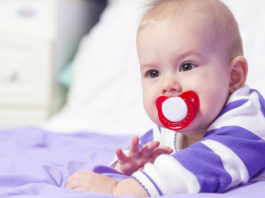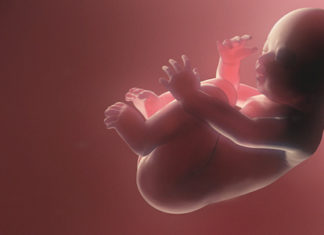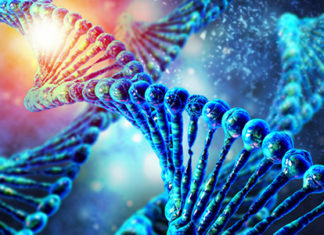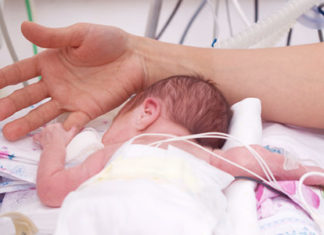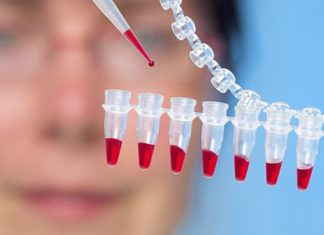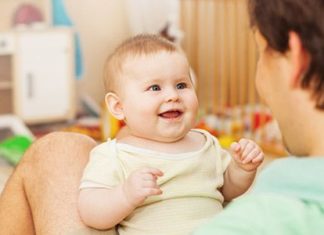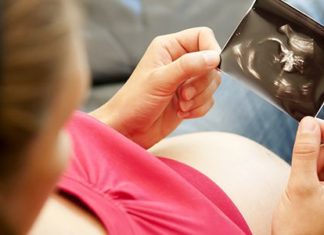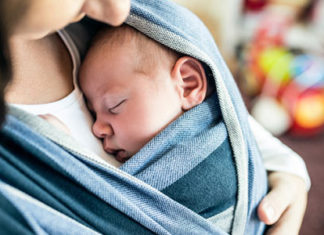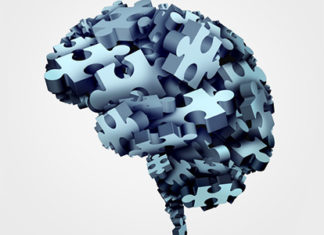Cholesterol-related genetic disorder identified in children
A genetic defect affecting normal development in children has been identified by a study involving University of Queensland researcher and alumnus Professor David Coman.
The study revealed that mutations in the gene FDFT1 prevented children...
Breakthrough in cleft lip and palate research
Four genes have been identified which work together to cause cleft lip and palate, in an international research collaboration with researchers from UNSW Sydney and the University of Washington.
The genes, associated for the first...
Prem baby survival links to key dates of pregnancy
In Australia, decisions regarding perinatal care, including neonatal care unit admission, play a greater role in the survival of infants born at 23 weeks gestation than at 24 or 25 weeks, Flinders University researchers...
Blood sample breakthrough good news for pregnant women
A wide range of foetal genetic abnormalities could soon be detected in early pregnancy thanks to a world-first study led by University of South Australia researchers using lab-on-a-chip, non-invasive technology.
Biomedical engineers Dr Marnie Winter...
Australia’s stillbirth rate remains steady while neonatal death rate has fallen
While Australia is one of the safest places in the world to give birth, close to 1% of babies are stillborn or die in the first month of life, according to a report released...
Traditional roles still rule
In Australia both in policy and practice, men are expected to be primary breadwinners while women are filling roles as primary caregivers for both children and the household.
A study at Flinders University has found...
Poorer outcomes for babies born to teen mums
Babies of teenage mothers often experience poorer health outcomes than babies born to women just a few years older, according to the Australian Institute of Health and Welfare’s (AIHW) first report on this subject.
The...
Maternal placenta consumption causes no harm to newborns
The largest study of its kind found mothers who consumed their placenta passed on no harm to their newborn babies when compared to infants of mothers who did not consume their placenta.
The joint study...
Brains of young people with severe behavioural problems are ‘wired differently’
Research has revealed new clues which might help explain why young people with the most severe forms of antisocial behaviour struggle to control and regulate their emotions, and might be more susceptible to developing...
Brains of young people with severe behavioural problems are 'wired differently'
Research has revealed new clues which might help explain why young people with the most severe forms of antisocial behaviour struggle to control and regulate their emotions, and might be more susceptible to developing...
- Advertisement -
Sign up to receive the latest parenting news, competitions, health information, baby/child/whole family recipes, play ideas, outings, personal stories and much more.


